
11 minute read
A perfect storm


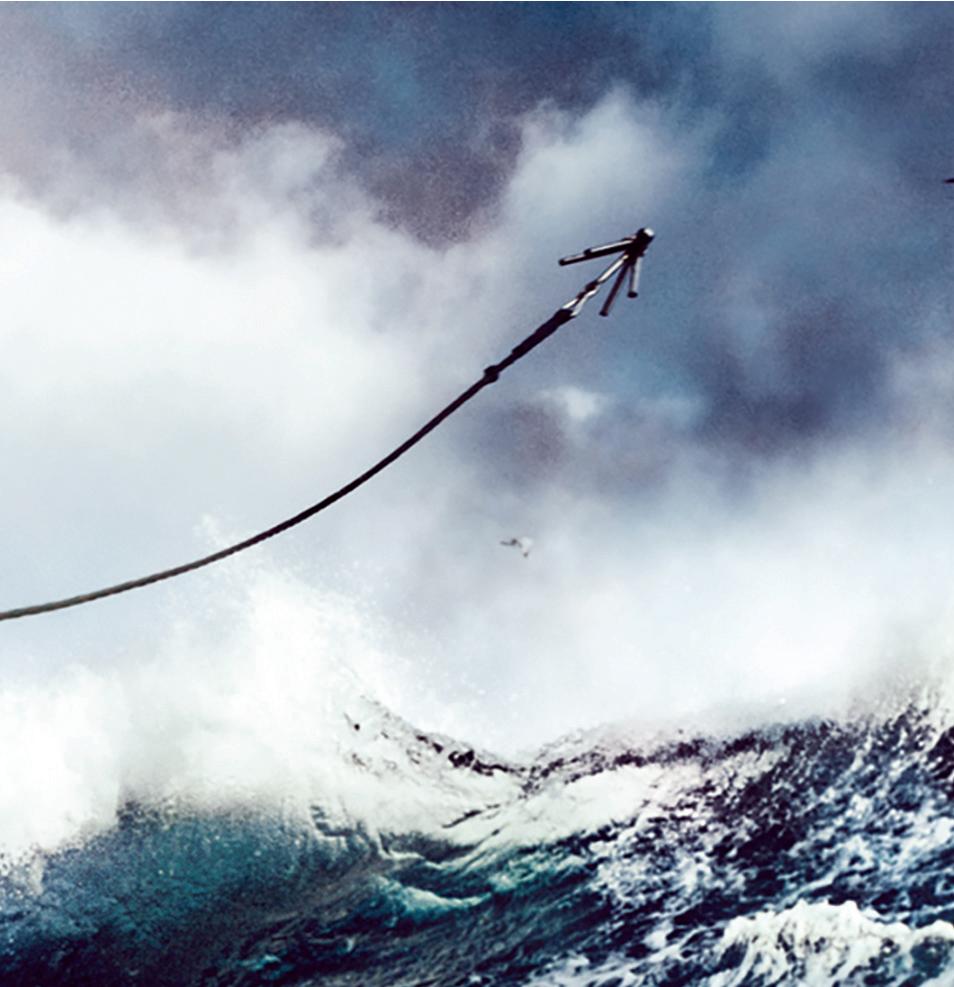
hit by the Covid-19 pandemic, a global economic slowdown and their most prolific buyers going through mega-mergers. Cue commissioning freezes and programme budget cuts.
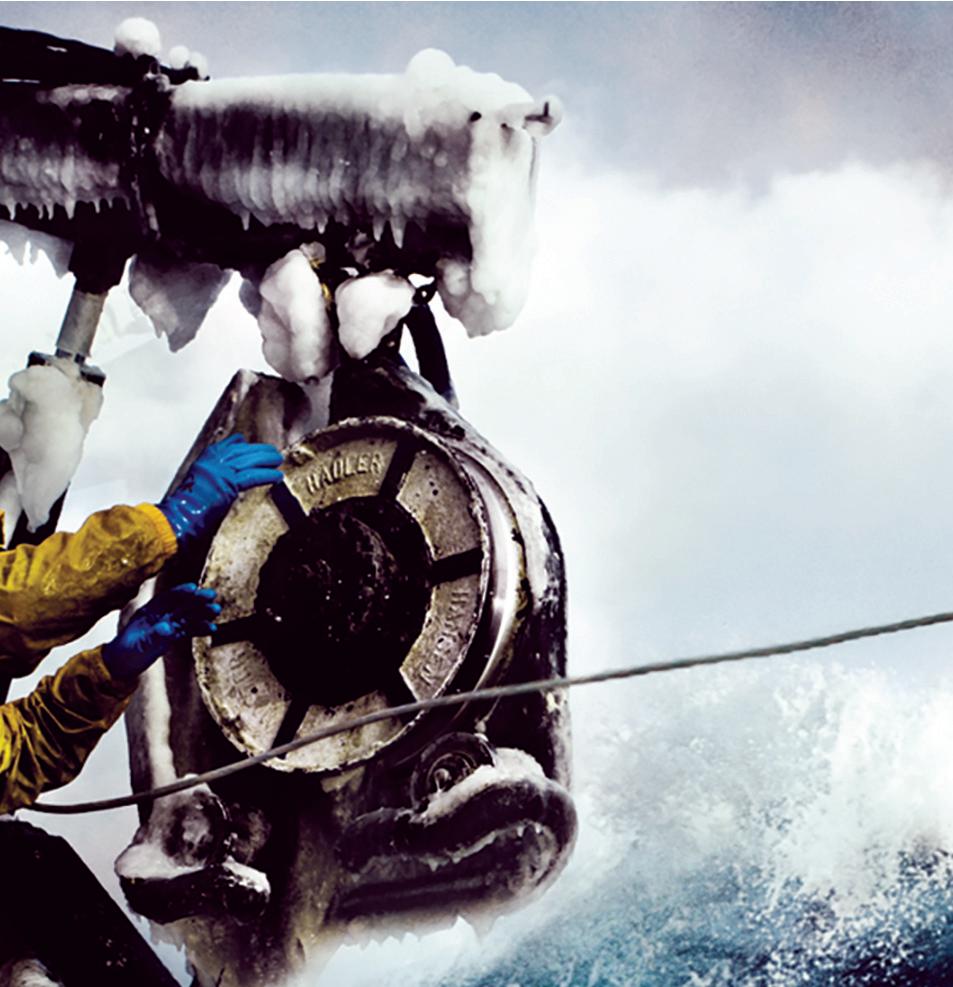

By Clive Whittingham
US indies had been having it tough for some time. John Ford, then chair of the Non-Fiction Producers Association, said in 2017 the 10% profit margin producers used to be able to rely on had been eroded to the point of driving indies to the wall. By 2018, he said that situation had got graver still, with demanding development costs being passed on to producers. And now add mounting production costs due to Covid-19, an economic downturn and rapid inflation and the waters are beginning to resemble something from Discovery’s Deadliest Catch
“General economic pressures are our biggest challenge,” says Nancy Glass, founder and CEO of Glass Entertainment (HGTV’s Christina in the Country). “You have to pay your people more, it’s harder to find people, everything costs more, while budgets are not going up.”
In US unscripted, mega mergers of the key buyers have exacerbated the situation. Nat Geo is now part of Disney, while the Turner, Discovery, Scripps and HBO cablenets are all part of WarnerBros Discovery (WBD). “We know the budgets are shrinking because one platform owns so many channels now. At one point I said to an executive, ‘Do you want this in colour?,’” Glass adds.
The impact at WBD initially was seen in an exec exodus that included Jane Latman (HGTV, Food Network), Nancy Daniels (Discovery, Turner Networks), Todd Weiser (Food Network, Cooking Channel), Corie Henson and Brett Weitz (both TNT, TBS, TruTV). Chairman and chief content officer Kathleen Finch gave Howard Lee the Discovery job in addition to TLC while Jason Sarlanis added TNT, TBS and TruTV to ID.
“It’s created a tremendous log jam,” says Patrick Reardon, president of Jupiter Entertainment (Peacock’s Who Killed Robert Wone?), speaking about the US picture as a whole, rather than WBD in particular. “It takes 10 times as long to get a meeting because these people are now serving 10 different channels.”
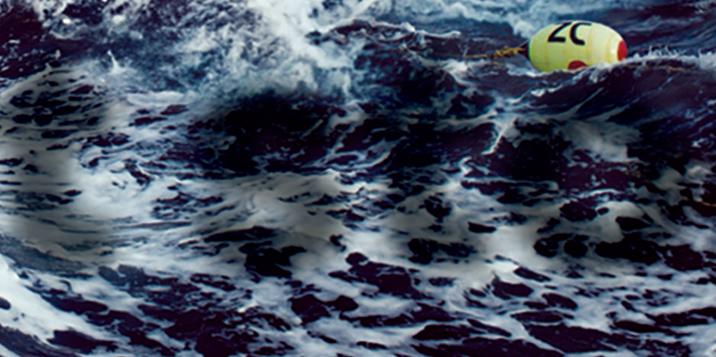

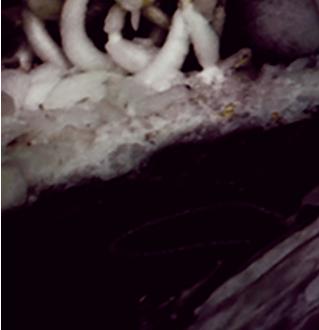

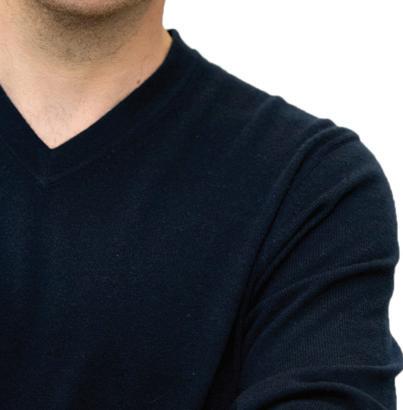


WBD froze commissioning through 2022 while HBO Max killed off originals across Europe. WBD CEO David Zaslav’s decision to can Batgirl, which had already been completed, caught headlines, but multiple projects fell victim to the merger, which also took with it the nascent CNN streamer and much-admired CNN Films.
“To see CNN drop out of the picture was a huge loss for all of us,” says Ethan Goldman, founder and CEO of US indie Anchor Entertainment (Model America, Undercurrent: The Disappearance of Kim Wall). “We had shows there gearing up for production. The rights reverted back to us, but I’ve still got to sell them to someone else.”
“We had a docuseries set up with HBO Max, we loved the team over there. To see all of those guys leave and that project fall away was really sad,” adds Patrick Weiland, president of Intuitive Content (Outdoor Channel’s Feral). “We’re taking it back out to market now with a whole new fresh take.”
While Goldman and Weiland got their shows back, many did not. In the US, a producer can often reclaim their project by repaying the amount the network invested. If a network has spent US$10,000 on development, the prodco could realistically repay that. If it has invested US$200,000 in a pilot it becomes more difficult. The higher the cost, the less attractive the project becomes to another buyer.
By January, Finch was keen to hold out an olive branch
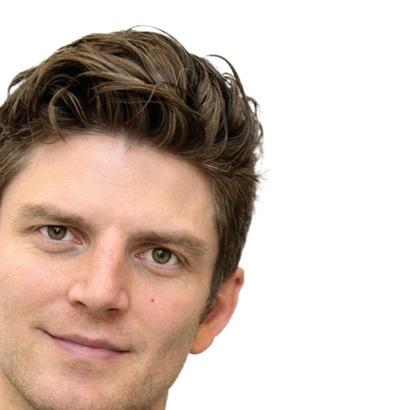
It’s all done by committee. You have a room of 30 people and with a big idea all it takes is one or two to say they don’t know. They might only be the social media marketing team, wondering how they would get engagement on TikTok. It doesn’t matter – show killed.
Patrick Reardon Jupiter
and say 2022 was “not how we wish to conduct business moving forwards.” She said there will be 4,500 hours of content commissioned by the group this year.
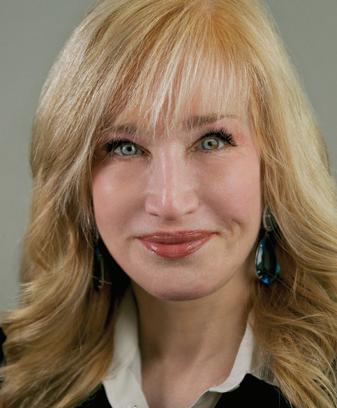
“Going through a big merger – and this was beyond a big merger, this was humungous – is tough. It’s tough on our content creators, our partners and our staff,” Finch said. “We’re rear-view-mirroring it and we’re thrilled about what 2023 is. They were painful decisions. I know what it feels like to be a content creator and have your work undone. None of it was taken lightly. Wherever possible we’re working with creators to find new homes for content.
“I get that people would be nervous [about working with us again], but I hope they won’t be. It was a moment in time that has nothing to do with how we intend to run this company. It’s started to happen in other places, too. It’s not how we do business, it’s not a strategy.”
Do producers believe her? “What choice do we have?” one replies. “Mergers are always tough. We have to trust them because they’re in charge of so many networks.”
Several producers thought the move of Lee over to Discovery was telling. At TLC, he was known for making stars of everyday people – something Discovery Channel was known for previously and would like to be again, according to Finch, who says the channel wants to make “heroes of everyman.”



Jesse Fawcett, who launched Fireworks Media (Pamela’s Garden of Eden on Hulu) in the US and Canada in the teeth of the 2021 gale, thinks that’s a shrewd observation. “There’s definitely a lot of signs of belt tightening on the budgets which they feel have been pushed too high by Netflix,” he says. “They will revert back to what they’re known for and what works. We’re already hearing about a shift away from celebrity, and the cost of celebrity, and back to the core of Discovery. They came from pulling people out of nowhere and making stars of them. Things got pushed into the stratosphere with the costs of celebrities.” owns so many broken.” He says: “You can now go in with something that you love and is fully developed, that the network loves, is a perfect fit for them creatively and the head of programming loves – and that’s not enough for a green light anymore. It’s just enough to start the conversation. one now. At one point I said to an executive, ‘Do you want this in colour?’
But another producer, speaking off the record, says the problems of working with Discovery go beyond commissioners leaving, budgets being cut and commissioned shows being dropped. There’s a sense they “don’t really know what they’re doing anymore,” he tells C21, and are getting the basics wrong. “You have a show on the Discovery networks, they just don’t market it. Nobody knows it’s on,” he adds.
“There will be a numerical ROI analysis to see if a US$400k-an-hour investment, or these days more like US$200k-an-hour, will be made back in years two and three. Some buyers are using computer and artificial intelligence analysis to look at these trends. There’s no creative ambition anymore because what will an algorithm say will work? What has worked before – because that’s the only information it has.
“It hinders creativity. You’re playing in the safety zone as opposed to taking risks. Mike Darnell would put insane, wild stuff on Fox and it worked – it was crazy and they could market the hell out of it. That process doesn’t exist at networks now, it’s all done by committee. You have a room of 30 people and with a big idea all it takes is one or two to say they don’t know. They might only be the social media marketing team, wondering how they would get engagement on TikTok. It doesn’t matter – show killed.
Is lowering budgets and eroding trust with producers through 2022 really going to lead to what Finch describes as the “best stories” ending up on Discovery’s channels? “If we’re honest, Discovery hasn’t been anybody’s destination for an idea for a long time,” the same US-based Jupiter Entertainment’s Reardon cuts a a particularly frustrated figure and describes the process of pitching unscripted shows in the US as “completely
Discovery first-choice producer tells C21.
“The viewer suffers because there’s no innovation, everything is a spin-off of a spin-off. You used to get mandates saying, ‘We’re looking for unexpected worlds.’ Now we get mandates saying, ‘We want shows for under US$300k an hour.’ There’s nothing creative in that.” under an hour.’ There’s nothing creative in that.”
When even Alex Gibney, the renowned documentary maker behind films such as Taxi to the Dark Side and scientology exposé Going Clear, says he’s feeling the influence of mergers and consolidation and streamer algorithms on his projects, you wonder what hope mere mortal producers have.
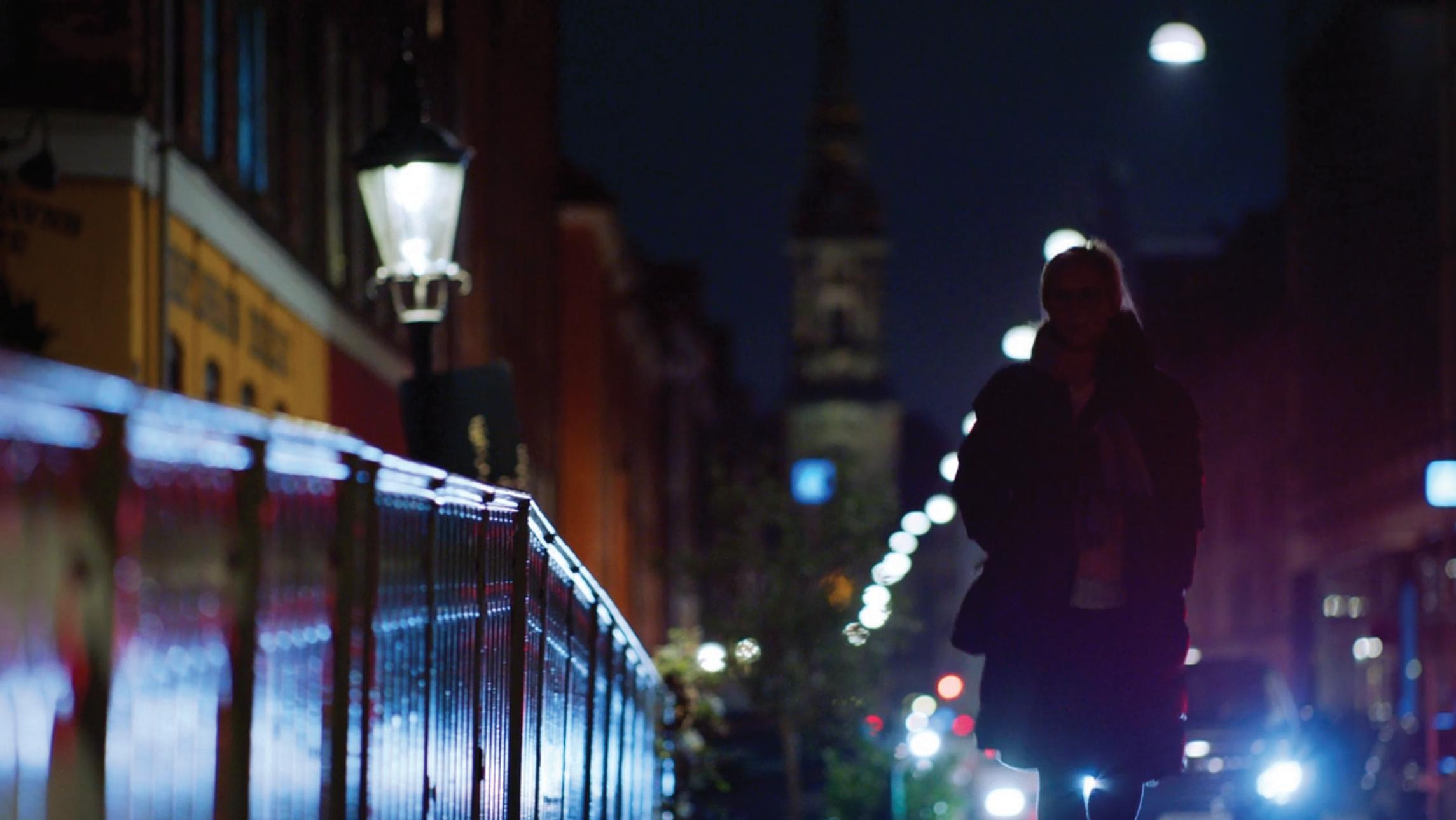
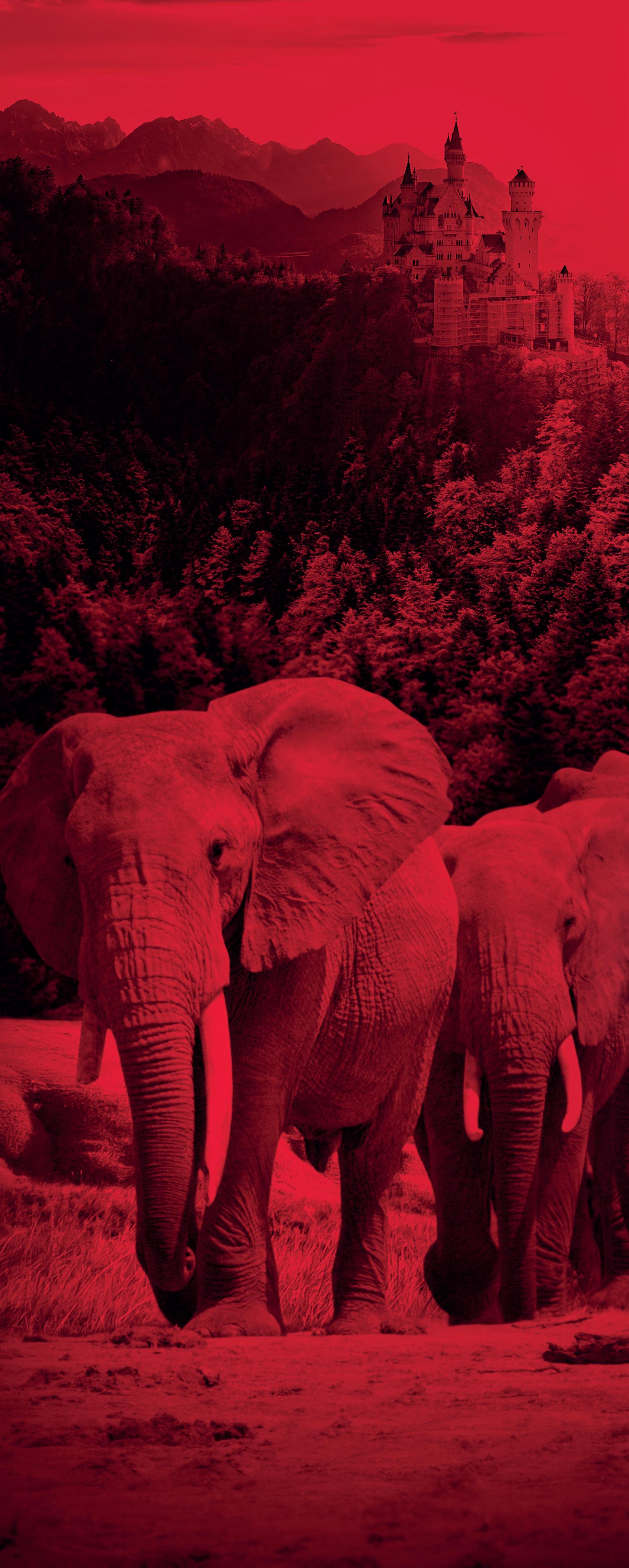
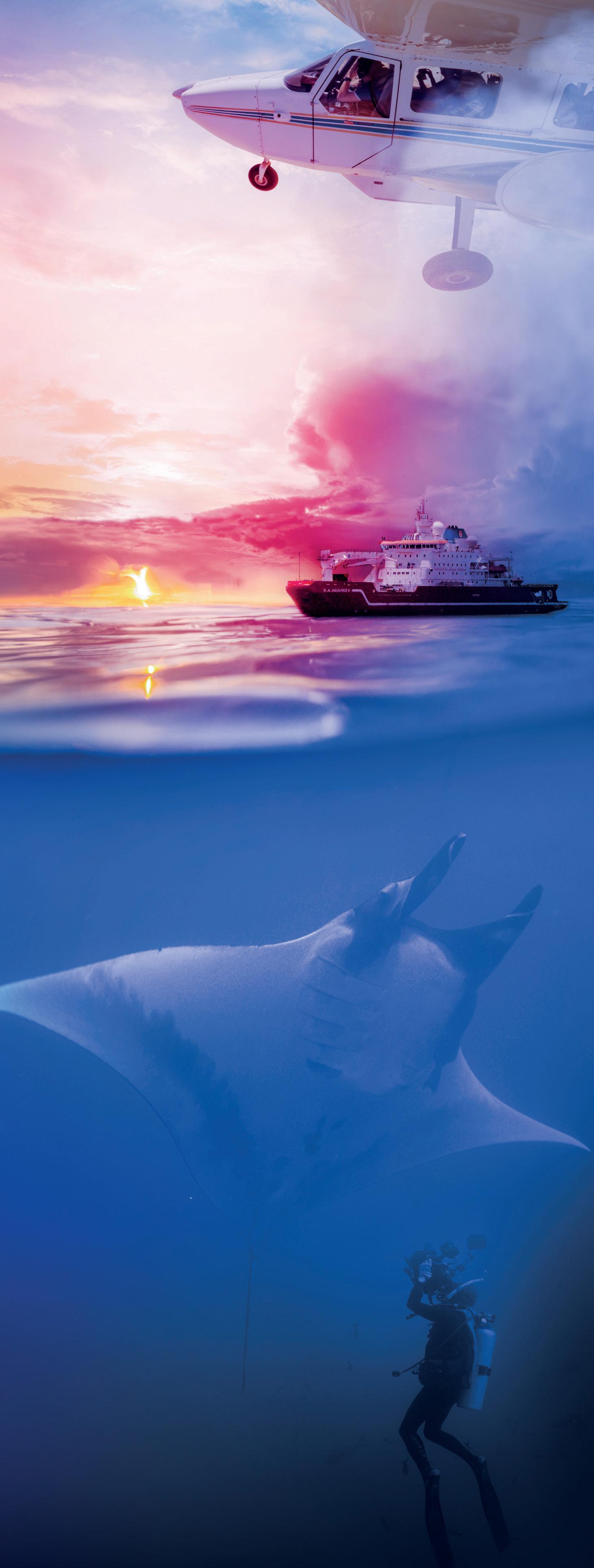
“The cautionary note I would sound is around the whole idea of trying to impose commercial formulas on work,” Gibney says. “One of the great things about authored documentary is they break free of those formulas. The best ones have all the great elements of great characters and narrative drive, but they’re not driven by an algorithmic formula that says, ‘At minute 14 it needs to turn the switch this way.’”
Gibney reveals he does get such notes sometimes but says: “I resist them. Having been in this for long enough I can push back in ways others can’t.”

Glass had a similar experience. “I had a crazy story documentary, which the commissioner loved,” she says. “We developed it, it went into testing and they couldn’t pick it up because when asked, ‘Would you subscribe to this network to watch this?’ it didn’t score. That’s a very high bar. You’ll see more shows like Harry & Meghan [Netflix] and Casey Anthony: Where The Truth Lies [Peacock], because if it’s familiar or in the zeitgeist, people will sign up for the service just to see that.”
While Kate Harrison, president of Canada’s Cream Productions, agrees that pitching “has lost its immediacy” and “the deals aren’t as good as they used to be,” she’s finding US cablenets that used to insist on taking all global rights are now flexible.
“The conversation is now not only about this great idea but the best way to get it to the finish line and how can we as producers, and distributors, make it an easier jump,” she says. “You’ve got to remember the people we’re pitching to have spent the last two years wondering if they’re going to lose their jobs. If I was them I’d be keeping my head down too. They don’t have the power, it’s in the chief financial officer’s hands.”
JC Mills, president and head of content at Toronto-based Cineflix Productions (A&E’s Torso Killer Confessions), is also seeing silver linings from US networks keen to make use of Canadian money and tax breaks, while in-house distributor Cineflix Rights can come in early and retain rights to US shows. “The US networks are open to playing more coproduction ball than they were even two years ago. They just want US rights now, which hasn’t been the case for a while,” he says.
But, he adds, while 2022 – the year of the mega-merger

– may be behind us, more problems could lie ahead. “Discovery had to merge to protect the business because of Netflix,” he explains. “They took on a mountain of debt to do it, which now needs servicing, and that trickles down to us. Then the market turned on them when subs didn’t grow as fast as hoped and the ad market fell because of the recession. Many networks haven’t ordered shows for months.”
Fawcett agrees about both the economic situation, and the rights picture opening up, adding: “The question is what’s going on in the ad market – that’s the leading indicator. I was hearing at the end of 2022, ‘Batten down the hatches, zero commissioning in 2023.’ But now it seems to be veering towards more of a soft landing. Keep looking at the stock prices of entertainment companies – the biggest question is the economic one. What the advertisers do will trickle down to us.
“We’re Canadian and US, so I was used to doing coproductions. It went away for a while, it now seems to be back. The complication is with everybody having free ad-supported streaming TV [FAST] channels, it’s now less about territories and more about windowing.”
Since the birth of reality television and the rise of companies that made it during the last writers’ strike, the story for US unscripted producers has been one of constant knocks, challenges and downturns. Keeping the show on the road, finding a way to get things made, has been their key strength. They’re currently fighting a triple threat.
Former Lion TV US CEO Tony Tackaberry, another exec who felt emboldened to set up his own indie, Station 6, last year, perhaps sums up the challenges and opportunities best. “There is a realism, acceptance and pragmatism that people are applying to the market,” he says. “That’s not to minimise what’s happening – people losing their jobs is tough – but we have to figure out a way through.
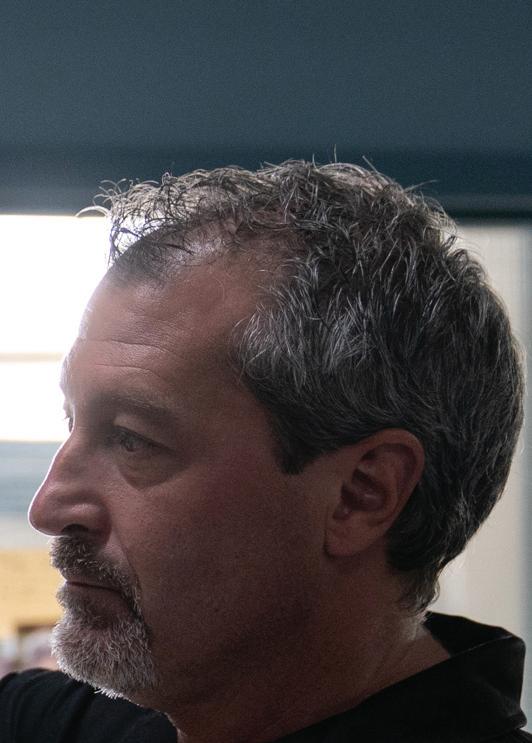
“There are five main buyers for our content now whereas when I came to the US 20 years ago there were 50, and I don’t think we’ve seen the last of that consolidation and culling, frankly. But, on the other hand, there is this incredible momentum and growth behind FAST. There are a couple of other networks you could point at and wonder where they’re going to be in the not-too-distant future, but there is an element of giving with one hand and taking away with another.
“We’re survivors, there’s a resilience, we’ve seen things come and go, and that’s an asset.”

With a potential US writers’ strike likely to lead to a clamour for more ‘stranger than fiction’ documentaries, what makes a good one and how can the genre avoid becoming exploitative as it proliferates?
for m ma bec
By Clive Whittingham
The Netflix shows that have created the most buzz of late have frequently not been in big-budget original scripted, but an unscripted genre you could lazily group together as ‘stranger than fiction.’ Think about the streamer’s shows you’ve gossiped about with your friends – has it been scripted, or was it Don’t F**k With Cats, The Tinder Swindler or Tiger King?
This trend for limited series and feature docs telling true stories too unbelievable to be done as dramas is the latest turn of unscripted’s true crime wheel. Netflix took a serialised true crime format originally pioneered by Canal+ with The Staircase and reinvigorated it with 2015’s Making a Murderer at a time when US cablenets like Warner Bros Discovery’s ID were bucking falling ratings and subscriptions with racked-and-stacked, selfcontained, one-hour true crime shows.
More recently, Netflix has innovated again, taking true crime away from its staple investigations into stories of women murdered by men into the realm of extraordinary stories that don’t necessarily involve violence.
So many of the best examples of this type of show –including the aforementioned Don’t F**k With Cats and The Tinder Swindler, as well as Netflix’s latest offering MH370: The Plane That Disappeared – have emerged from London-based prodco Raw TV, which makes the company’s founder and MD Dimitri Doganis a good person to ask for the recipe for stranger-than-fiction hits.


“We see a lot of different stories, and one of the things that is often lacking is enough twists and turns,” Doganis says. “The times we’ve got it wrong in development is where it’s an extraordinary thing but it’s one extraordinary thing. The first thing we look for is, ‘Is there enough happening here, does it go to enough places, is it surprising enough?’ amour s, what void
“The worst thing about the job is when you think, ‘How are we going to end this if we don’t have a third act?’ There are ways you can manufacture that, but you have to think about it on the way in; you can’t think about that after it’s shot and in the edit and expect the outcome to be great. In The Imposter, we don’t solve the riddle, but we knew on the way that in it would have to be structured so it didn’t feel like a miss, it felt like a mystery.

